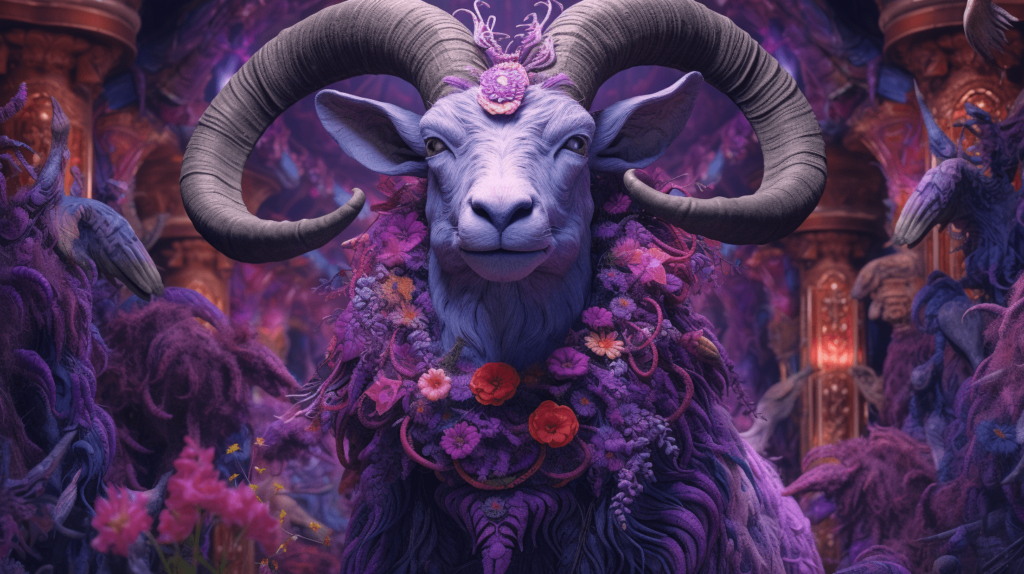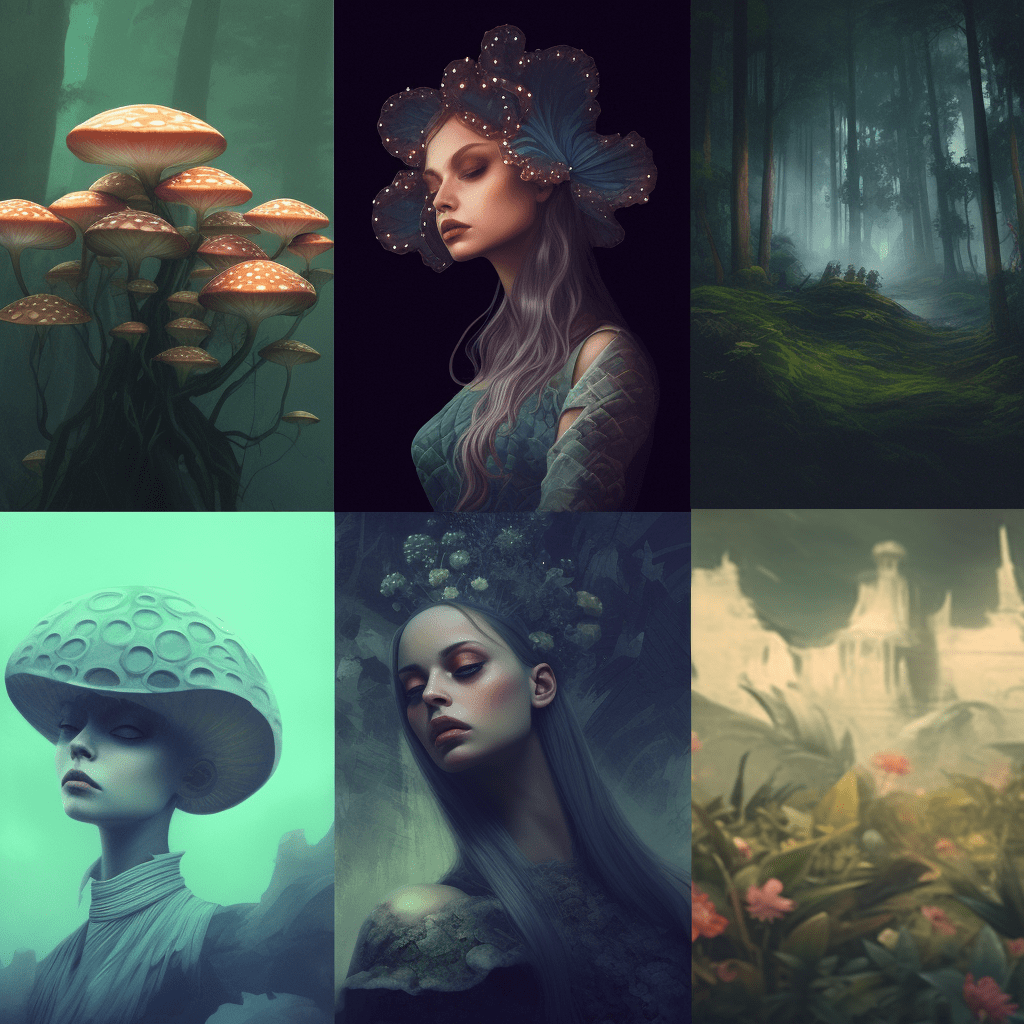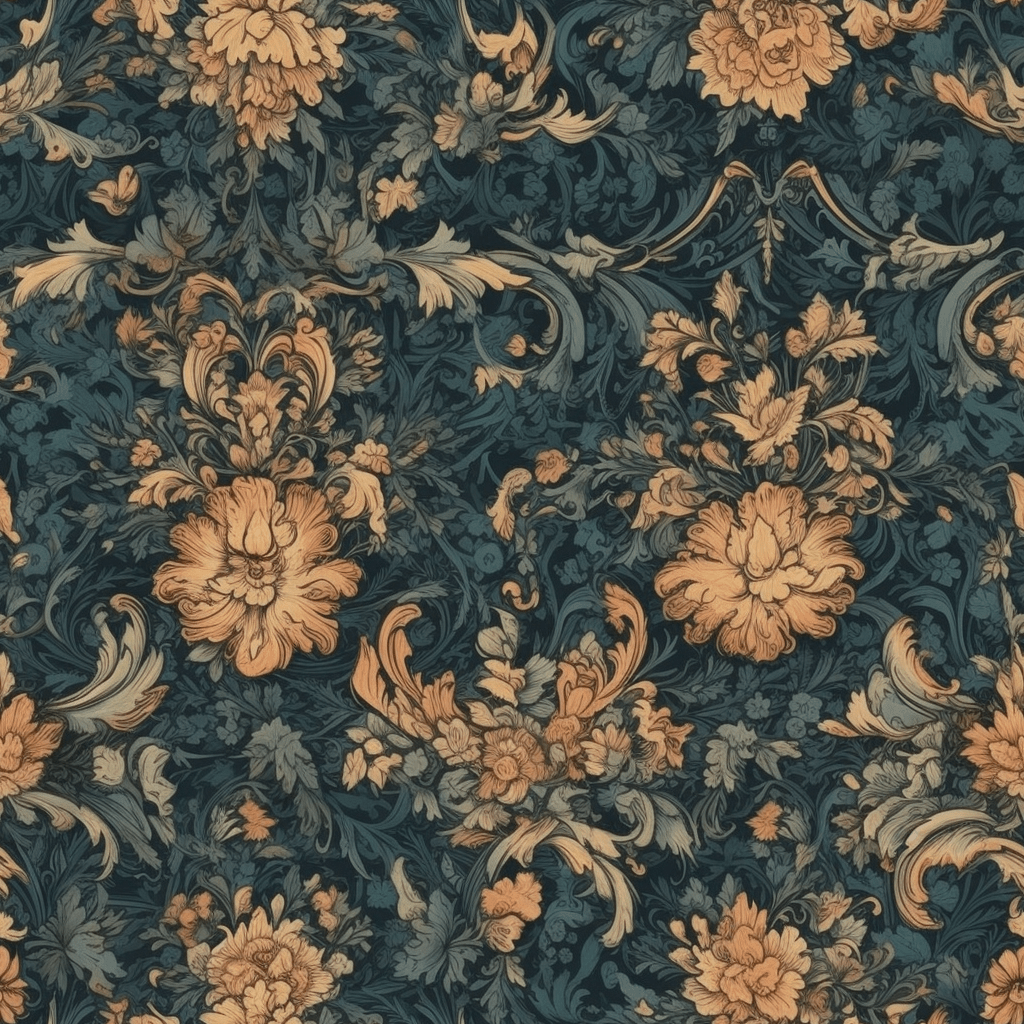In recent years, there’s been an explosion in the digital art world as non-fungible tokens (NFTs) have taken the stage. This unique application of blockchain technology has opened up a whole new realm for artists and creators, enabling them to monetize their work like never before. However, creating NFTs typically required some understanding of coding and blockchain technology – until now. The rise of no-code NFT collection generators is democratizing the process of NFT creation, opening up this exciting frontier to a much broader audience.

A New Frontier for Digital Artists
Traditionally, creating an NFT collection would require some coding knowledge or at least a level of familiarity with the technical aspects of the blockchain. This served as a barrier to many artists who had the creative talent but lacked the technical skills. No-code NFT collection generators have changed the game, providing an accessible platform for artists to create and sell their digital collections without having to write a line of code.
With these tools, the technical details are handled behind the scenes, allowing artists to focus on what they do best – creating. They can upload their artwork, create collections, mint NFTs, and put them up for sale, all with a few clicks. The tools take care of the complex process of minting the NFT on the blockchain and providing a marketplace for them to be sold.
No-Code Platforms: Pioneering the Way
Several platforms have emerged as leaders in the no-code NFT space, each with their unique approach and features. Platforms like OpenSea, Mintbase, and Rarible have developed user-friendly interfaces that simplify the process of creating, listing, and selling NFTs.
OpenSea, for instance, has a simple collection manager where you can add items to your collection, upload images, and set the price. Mintbase, on the other hand, emphasizes the creation of “storefronts” where artists can sell multiple works, much like an online art gallery.
Democratizing Access: Benefits of No-Code Tools
No-code NFT collection generators offer several key advantages that contribute to the democratization of NFT creation.
Ease of Use: The user-friendly interfaces of these platforms mean that anyone who can navigate a website or use a smartphone app can create an NFT. This opens up NFT creation to a much wider group of creators.
Time Saving: By handling the technical details, these tools save artists time that they can spend on creating more art. The tedious process of learning blockchain coding or finding someone who can is eliminated.
Cost-Effective: Some of these platforms also make it more affordable to create NFTs. Rather than hiring a developer or spending hours learning how to do it yourself, artists can use these platforms often for free or for a nominal fee.
Beyond Art: Other Uses for No-Code NFT Collection Generators

While the primary use for no-code NFT collection generators is in the art world, there are several other potential applications. Musicians can create NFTs of their songs or albums, writers can mint their poems or short stories as NFTs, and photographers can create collections of their photographs. The possibilities are vast and only limited by the imagination.
In the world of blockchain technology, NFTs have emerged as a powerful tool for artists and creators. The advent of no-code NFT collection generators has taken this a step further, breaking down barriers and democratizing the process of NFT creation. Now, artists can focus on their creativity, rather than technicalities, making the world of NFTs accessible to a broader audience than ever before.
However, with such powerful tools at our disposal, it’s important to consider the implications and responsibilities that come with it. It’s not just about creating and selling; it’s also about understanding the value of digital ownership and respecting the rights of others in this new digital space.
Navigating the Legal and Ethical Considerations
As we venture into this exciting new frontier, it’s crucial to consider the legal and ethical aspects of NFT creation. Intellectual property rights, copyright infringement, and fair compensation are all issues that need to be considered and navigated carefully.
While no-code tools make it easier to create NFTs, they also make it easier to infringe upon someone else’s work. As creators, it’s important to ensure that the work we are tokenizing is our own, or we have the necessary permissions to use it. Similarly, platforms offering these services have a responsibility to implement safeguards to prevent misuse.
In this context, blockchain’s inherent transparency could be a boon. By providing a public, immutable record of each transaction, blockchain can help track the origin of a piece of art and potentially deter copyright infringement.
The Future of NFTs and No-Code Creation

No-code NFT collection generators are changing the face of the digital art world, and this is just the beginning. As these platforms evolve and mature, we can expect to see even more features that make the process of creating and selling NFTs even easier.
In the future, we might see integrated AI tools that can help with the design process or even create artwork on their own. There could also be more collaboration features, allowing artists to work together on collections. The possibilities are endless, and it’s an exciting time to be a part of this creative revolution.
Just as the digital revolution opened up new opportunities for creators, the no-code movement is doing the same for NFTs. By removing technical barriers, these tools are allowing a wider range of people to participate in the NFT market. The democratization of NFT creation is well underway, and it’s fascinating to see where this journey will take us.
